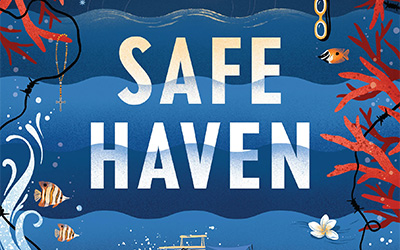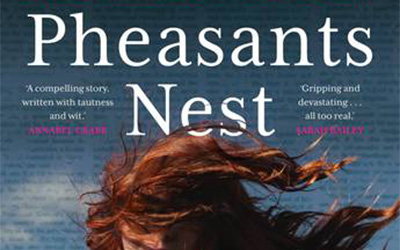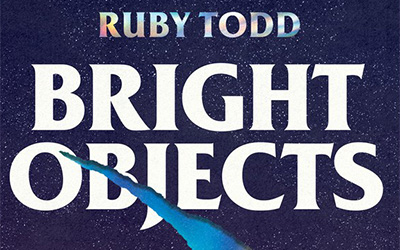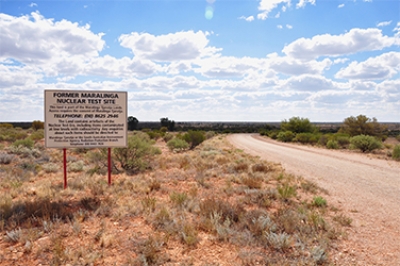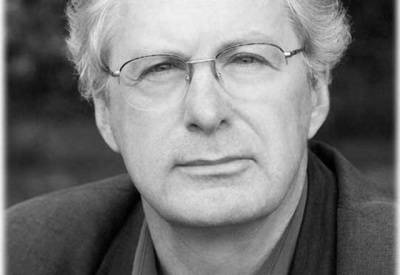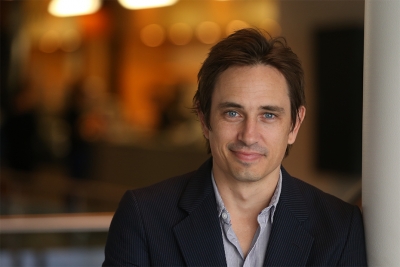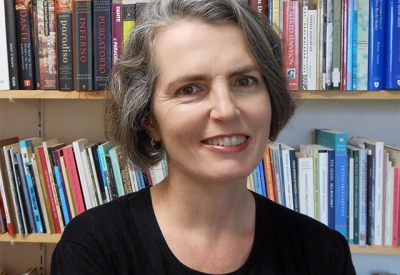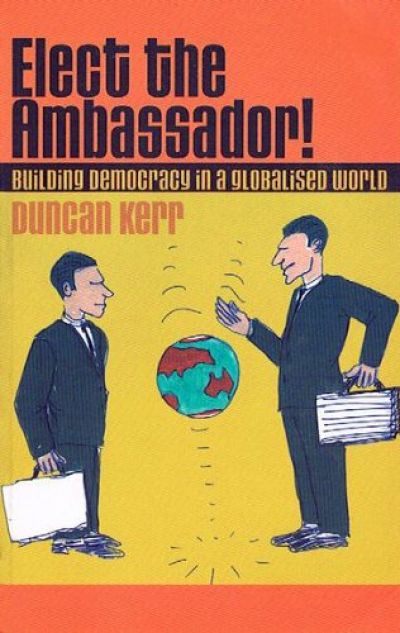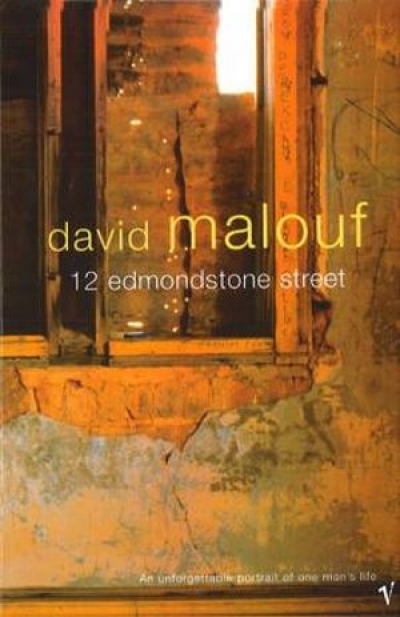Commentary
‘Copyright and its discontents: Frank Moorhouse’s battle to defend authors’ by Matthew Lamb
by Matthew Lamb
It is only a coincidence that my book Frank Moorhouse: Strange paths, the first in a two-volume cultural biography of the Australian author, ends in 1974 – the same year that Copyright Agency was incorporated – and that it was published in time to celebrate the fiftieth anniversary of this incorporation. As Moorhouse himself always argued, such coincidences, chance happenings, and historical accidents are often far more important in shaping our culture than we like to concede.






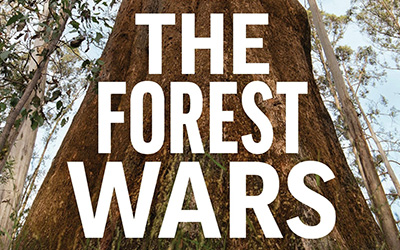
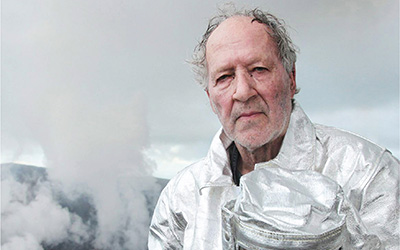
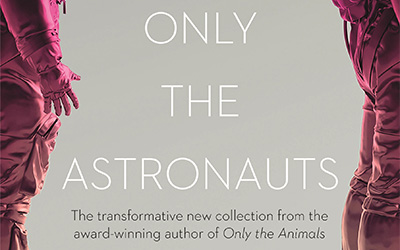
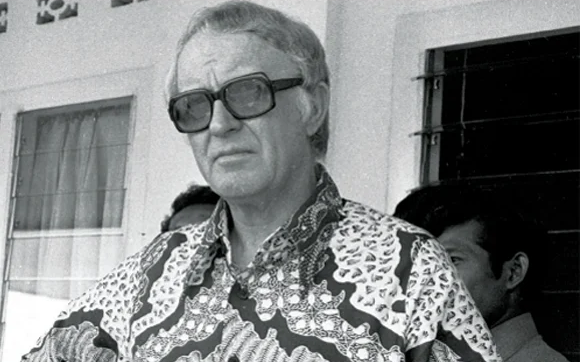
-FEAT.png)
